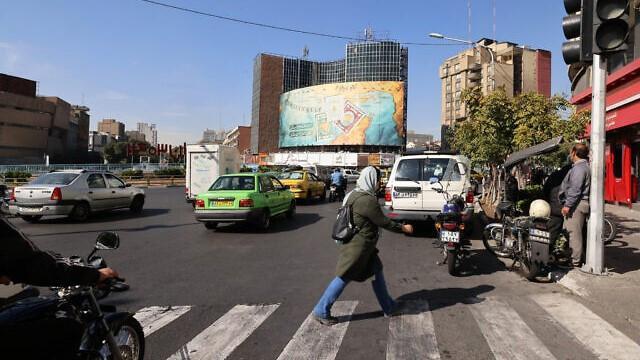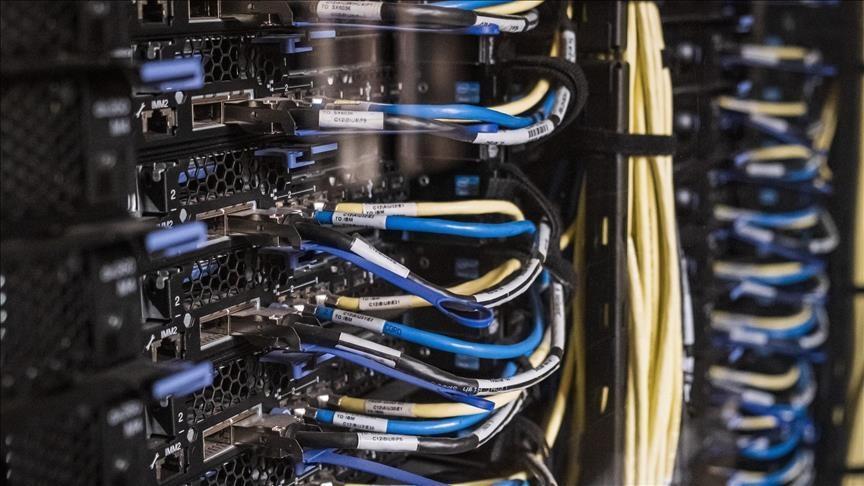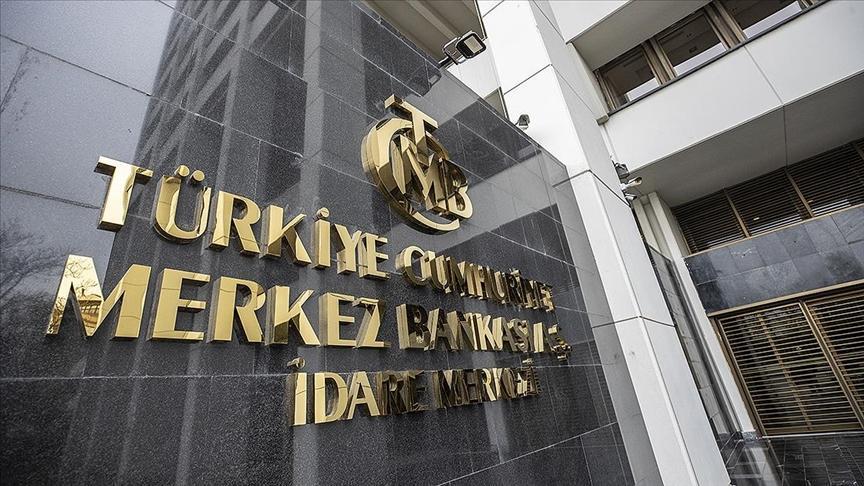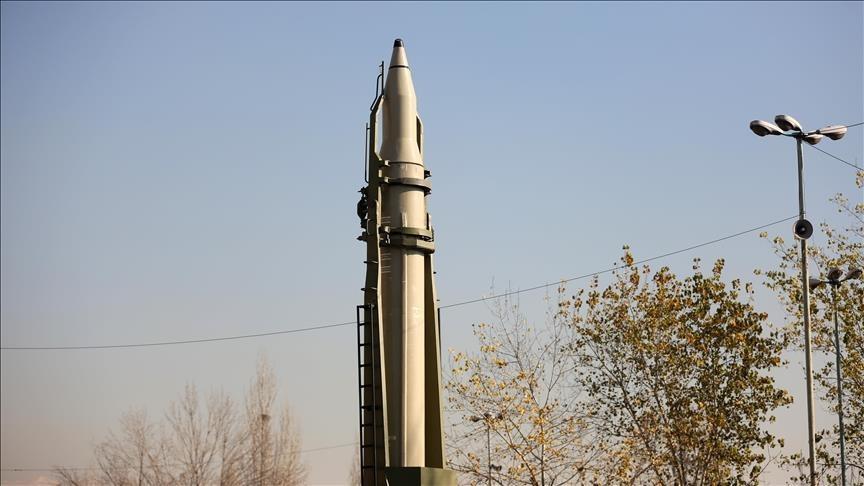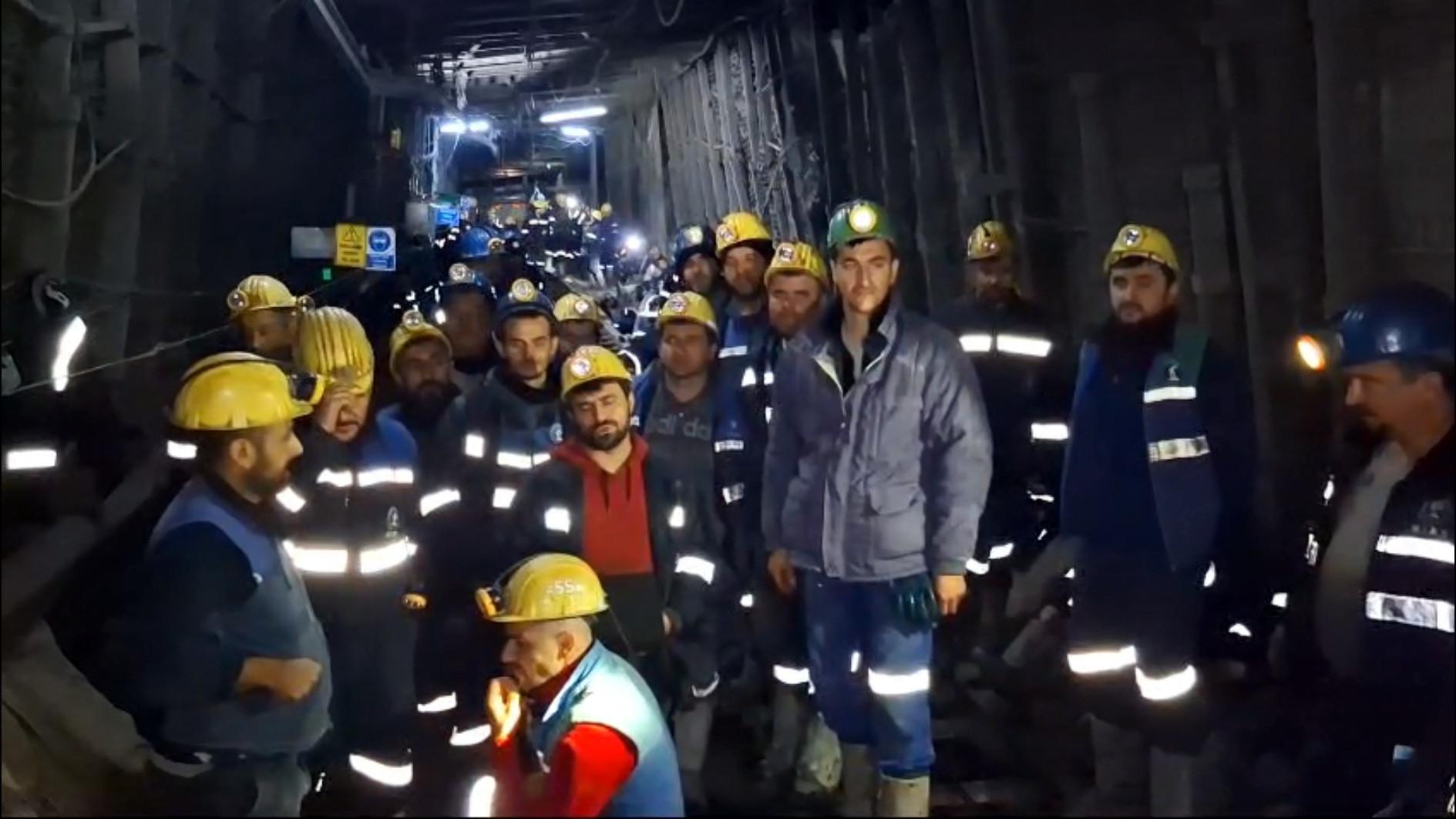Can allies at odds create a ‘peace corridor’ in Syria?
It’s very rare nowadays that Turkey and the United States compromise on any issue or move forward on issues they have already agreed on. Syria is the best example.
The two allies agreed on June 4, 2018, for the withdrawal of YPG troops from the Manbij province in Syria, but they could never implement it. Turkey slams the United States for delaying the process as the deal stipulated a 90-day road map. The United States, however, has never voiced any timetable for the withdrawal and fails to explain why the implementation of the deal has taken too long.
In late December, U.S. President Donald Trump announced his decision to fully pull out from Syria, a word he could never fulfill. In mid-January, he tweeted his suggestion of creating a 20-mile (32 kilometers) deep safe zone along the Turkish-Syrian border in a bid to address Turkey’s security concerns as well as to protect the YPG from a potential incursion by the Turkish army.
Since then, senior officials from both allied countries held many meetings with the latest one taking place in late July in the Turkish capital. At the point where we have arrived, it won’t be too strong to argue that talks over a safe zone have collapsed.
Foreign Minister Mevlüt Çavuşoğlu has described fresh U.S. proposals as insufficient while Defense Minister Hulusi Akar told his U.S. counterpart on the phone that Turkey is poised to move forward and take steps for its security should the United States fail to come through.
That followed with the change of rhetoric on the Turkish side exposed through the communiqué released following the National Security Council (MGK) meeting on July 29.
“Our determination for exerting efforts for setting up a peace corridor with all its strength and clearing the region of all terror elements in the frame of securing our border and because of the increased threats against our country due to power vacuum along our Syrian border,” read the communiqué.
In March’s meeting, the YAŞ had underlined the importance of the talks with the United States over setting up a safe zone in northeastern Syria, which now seems to have been abandoned.
The peace corridor has two purposes for Ankara: It stipulates a complete elimination of all terror elements in the said region as a first move. In the second phase, it hopes to improve conditions in the region so that more Syrians can return home and live in their homelands in peace and stability.
In the meantime, the Turkish army seems to have almost completed its preparations for an incursion into northeastern Syria either for a large-scale or a limited incursion. Many in Ankara believe that the latter would be opted by Ankara to keep the international reaction at a minimum level.
A Turkish intervention in the said region will surely draw a lot reaction regardless of its scope and objective. U.S. Special Envoy for Syria, James Jeffrey, has already signaled that there will be no radical change on the U.S. position despite Turkish warnings of a military incursion.
He said the United States is mindful of Turkish security concerns with regards to the PKK but is equally committed to protecting the main U.S. partner in northeast Syria, the YPG.
“We are committed to those who have fought with us not being attacked and not being harmed by anyone,” Jeffrey said. “That includes our concerns about the Turks.”
There’s no doubt, Jeffrey’s promise to the YPG reflects Washington’s approach. It was Trump himself who had harshly warned that “(he) will devastate Turkey economically if they hit Kurds,” in a Twitter message early this year.
Furthermore, an angered Trump would change his pro-Turkey stance concerning the implementation of sanctions against the Turkish government over the deployment of the S-400 air defense systems from Russia.
Therefore, any action by Turkey without an agreement with the United States would surely create a fresh and unprecedented crisis with its NATO ally, which has troops in the same enclave with a commitment to protect their local partners in the field.
It’s therefore to the advantage of both sides to continue their political and military dialogue before any unwanted scenario prevails.



